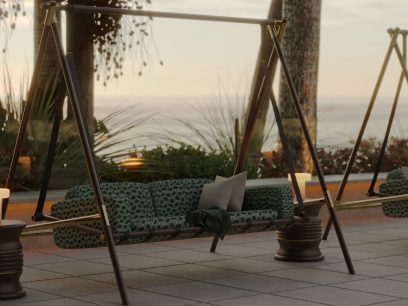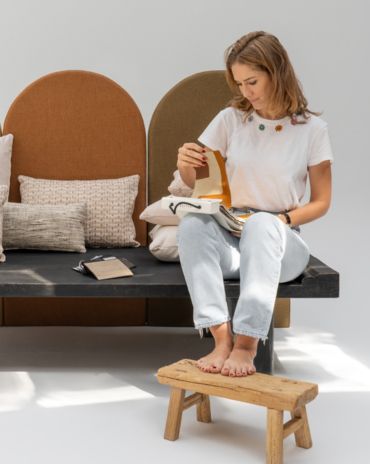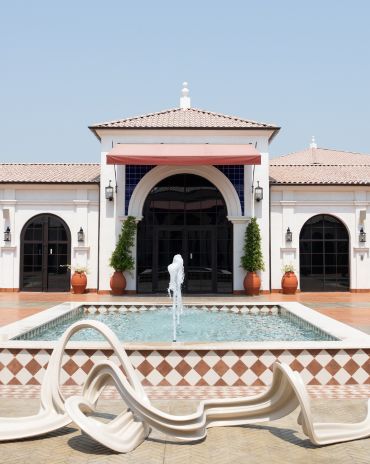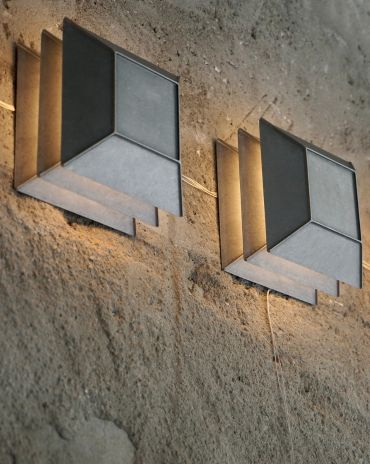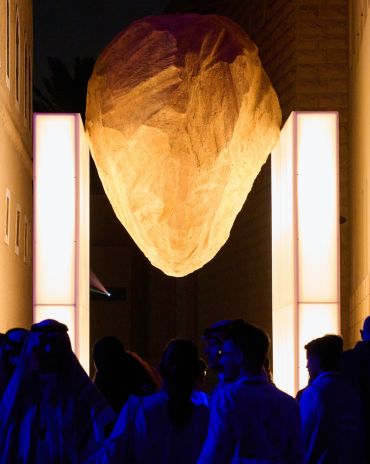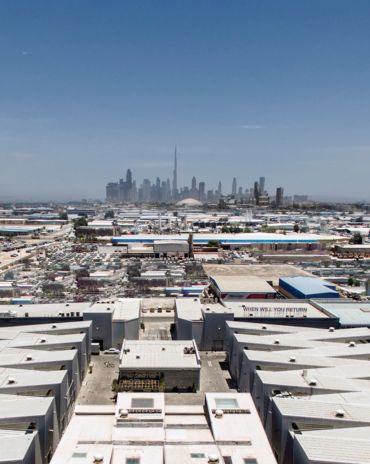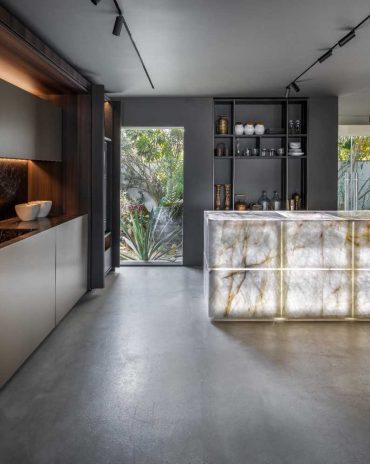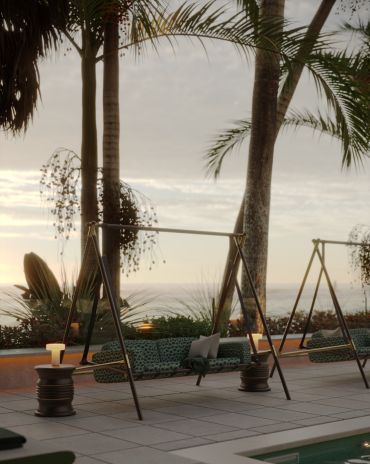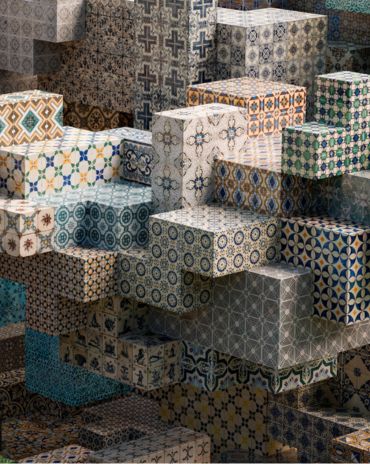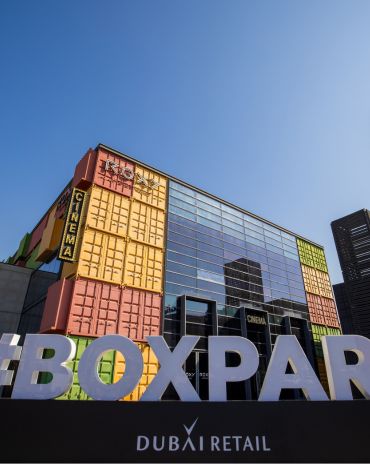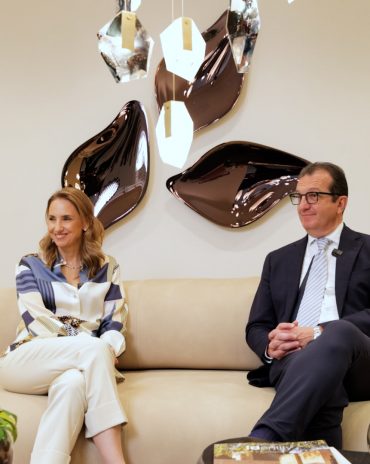Copyright © 2025 Motivate Media Group. All rights reserved.
Richard Wilson talks about material innovation in UAE
Richard Wilson is the Founder and Creative Director of Colab
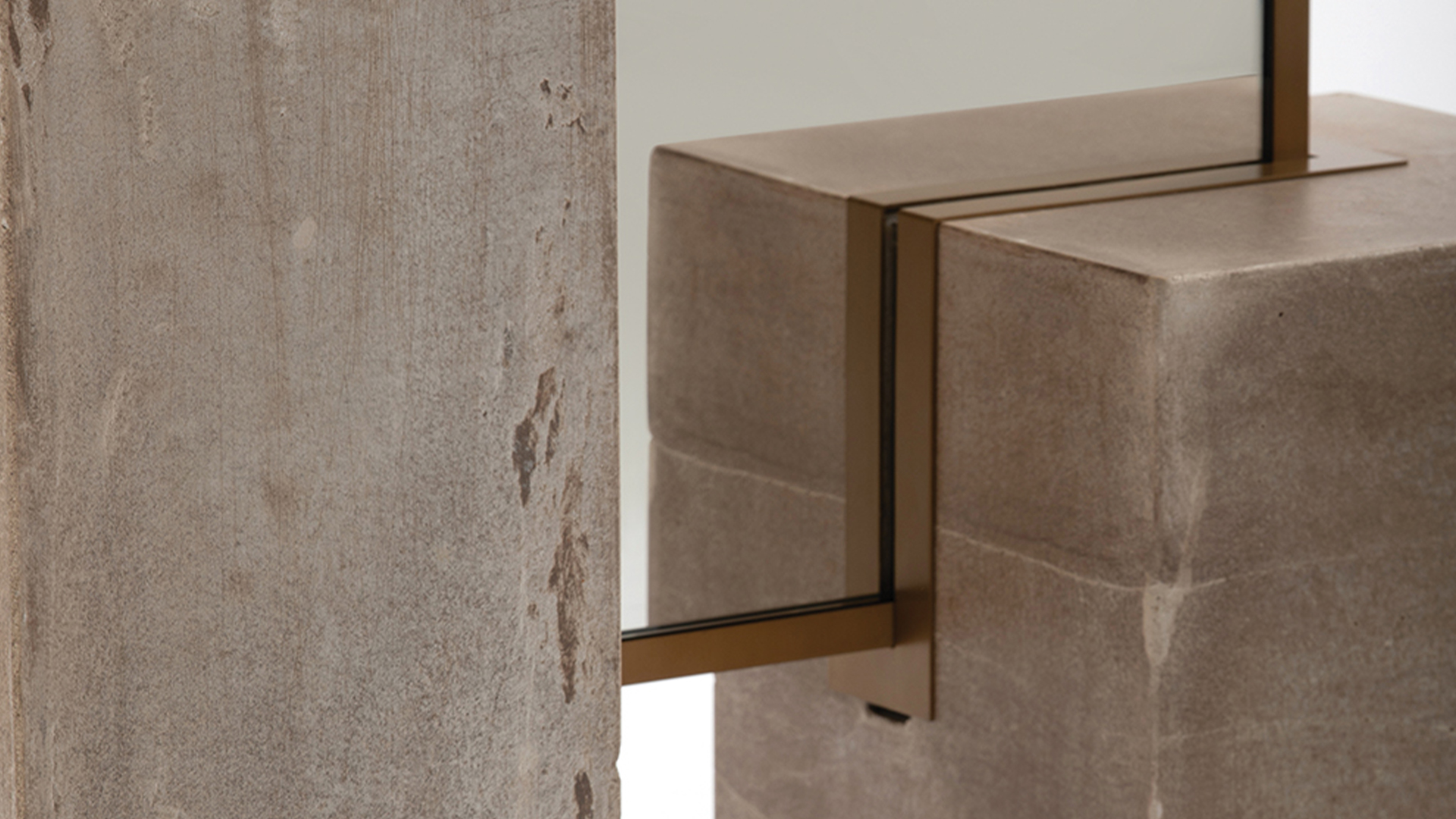
As a nation synonymous with cutting-edge architecture and avant-garde design, it was surprising to know that until 2019, there weren’t any materials being locally produced (at scale) in the UAE. Fast forward to today, and the narrative has evolved. There are currently around five or six commercially viable materials coming from the UAE and with more to follow in the new year. As the founder of Colab, a purpose-driven material library based in Dubai Design District (D3,) I acknowledge the transformative journey, while knowing there is still a wealth of untapped opportunity waiting to be explored.
Testament to the material innovation coming out this region, Colab was invited to participate at several design festivals across the world including the London Design Festival and Dutch Design Week. To represent local and regional talent on a global platform, with materials being made from the likes of desert sand, date seeds, palm waste, and more, it’s a rewarding realization that the UAE is now a platform that the international design community is taking inspiration from, and not the other way round.
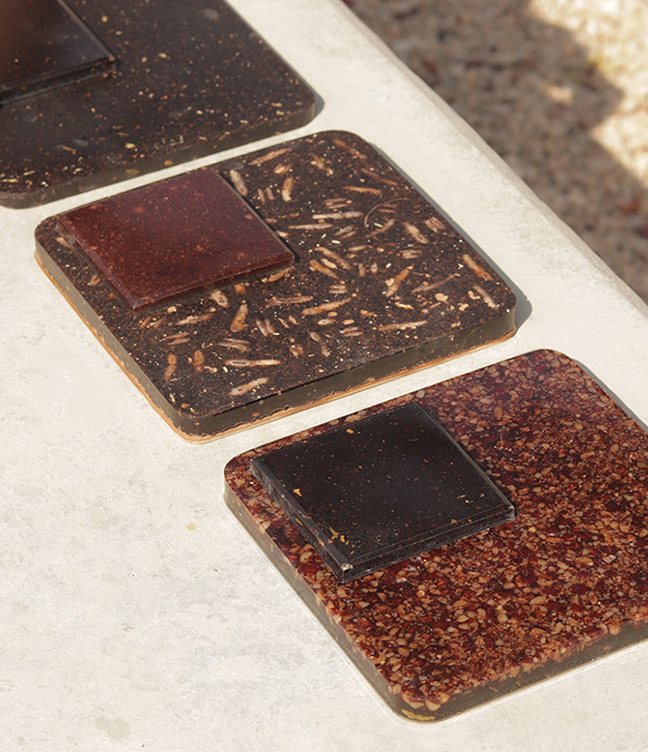
The perception of sustainability has also undergone a profound shift. Sustainability isn’t boring, in fact, it is the total opposite. The design community in general are now much more aware of the opportunities out there. These beautiful materials stretch beyond the possibilities of traditional ones we’ve been using up until this point. It’s an exciting era where sustainability is considered a wellspring of creativity and ingenuity.
Yet, as I revel in the success of the journey so far, the elephant in the room still remains as the price tag. Sustainability should not be a luxury; it should be accessible to all. This is where local material innovators play a pivotal role. By reducing reliance on imported materials and minimizing transportation costs, we can ensure that sustainability becomes not just an aspirational concept but an everyday reality. More importantly, designers equally have a responsibility to study and understand these emerging materials and specify them as this will help the materials become commercially viable.
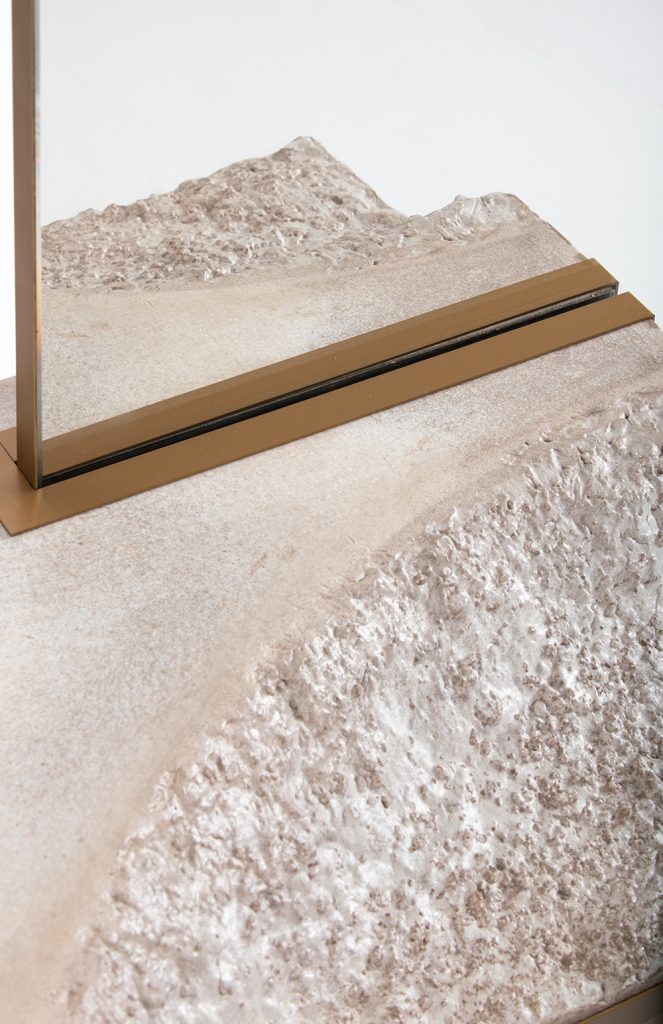
At Colab, our mission extends beyond supporting local talent; we aspire to inspire and educate the local design community. The journey, however, does not end here. Our recent participation at Dubai Design Week and at COP28 has fueled our optimism for the future. The global dialogue on climate change and sustainability has gained momentum, and the UAE, with its newfound commitment to material innovation, is poised to be a key player in shaping this narrative.
So, what can we all do to make a difference? Start by simply having conversations. Throughout our time spent interacting with the design community this year, it’s amazing what we can achieve just through exchanging ideas with one another.
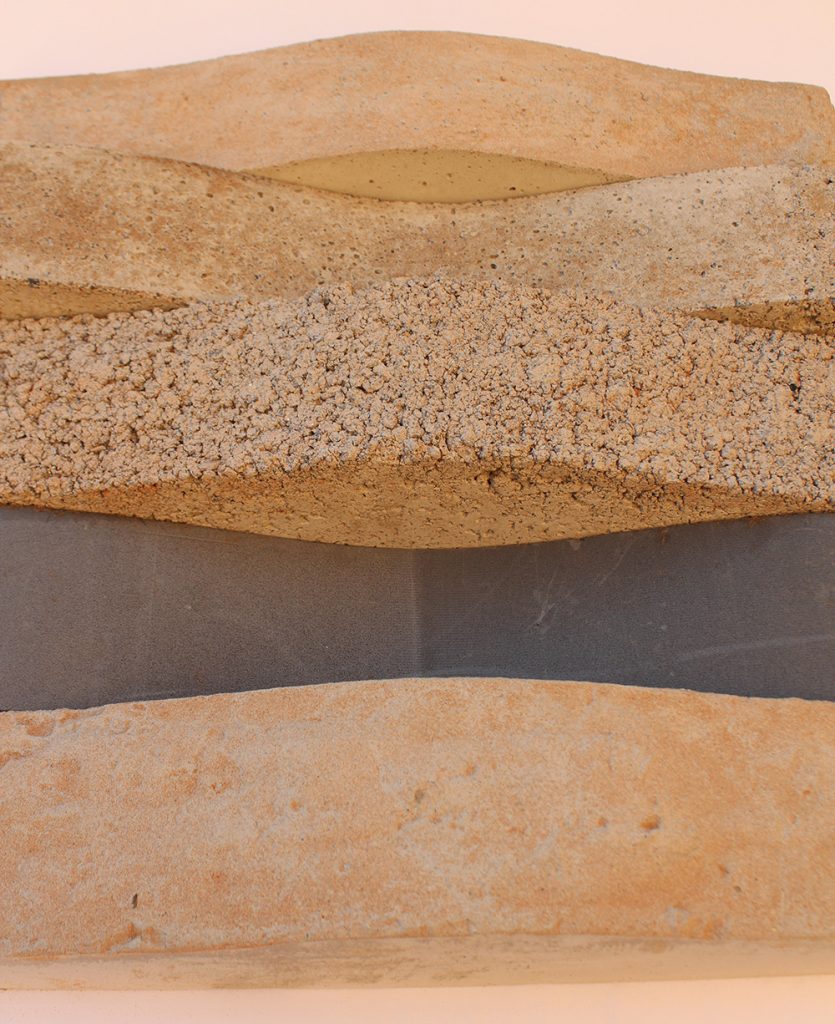
We understand the challenge of specifying materials that are unknown and untested in the region. That being said, we have witnessed an increase in the number of innovative materials being commercially specified in the region and this is testament to the strength of the material and the desire on the part of designers to work with something different and new. To sum up then, material innovation in the UAE has only recently begun, with so much more potential to be explored. The future is definitely looking positive and with the UAE continuing to attract global talent, there is no other choice for us to either innovate or run the risk of getting left behind.
The Latest
Maison Aimée Opens Its New Flagship Showroom
The Dubai-based design house opens its new showroom at the Kia building in Al Quoz.
Crafting Heritage: David and Nicolas on Abu Dhabi’s Equestrian Spaces
Inside the philosophy, collaboration, and vision behind the Equestrian Library and Saddle Workshop.
Contemporary Sensibilities, Historical Context
Mario Tsai takes us behind the making of his iconic piece – the Pagoda
Nebras Aljoaib Unveils a Passage Between Light and Stone
Between raw stone and responsive light, Riyadh steps into a space shaped by memory and momentum.
Reviving Heritage
Qasr Bin Kadsa in Baljurashi, Al-Baha, Saudi Arabia will be restored and reimagined as a boutique heritage hotel
Alserkal x Design Miami: A Cultural Bridge for Collectible Design
Alserkal and Design Miami announce one of a kind collaboration.
Minotticucine Opens its First Luxury Kitchen Showroom in Dubai
The brand will showcase its novelties at the Purity showroom in Dubai
Where Design Meets Experience
Fady Friberg has created a space that unites more than 70 brands under one roof, fostering community connection while delivering an experience unlike any other
Read ‘The Winner’s Issue’ – Note from the editor
Read the December issue now.
Art Dubai 2026 – What to Expect
The unveils new sections and global collaborations under new Director Dunja Gottweis.
‘One Nation’ Brings Art to Boxpark
A vibrant tribute to Emirati creativity.
In conversation with Karine Obegi and Mauro Nastri
We caught up with Karine Obegi, CEO of OBEGI Home and Mauro Nastri, Global Export Manager of Italian brand Porada, at their collaborative stand in Downtown Design.

